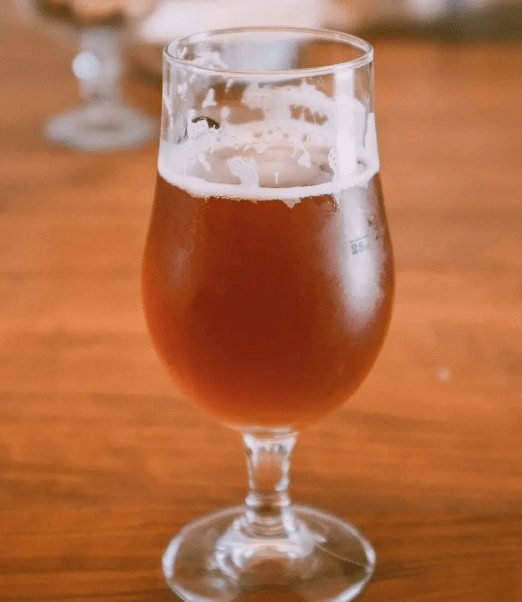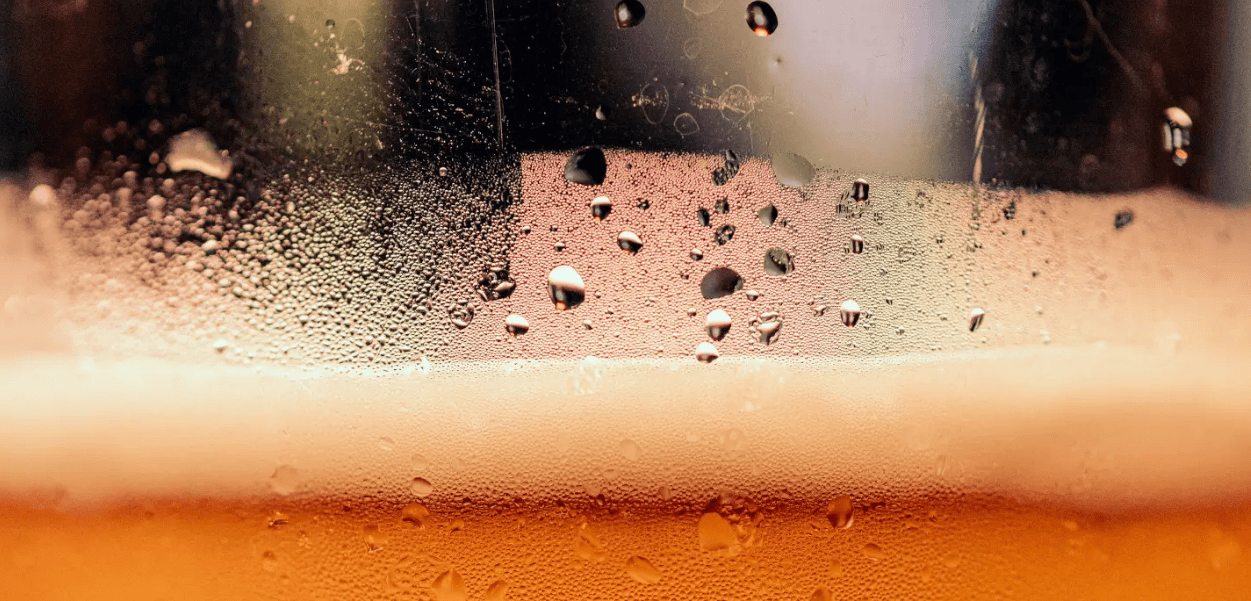From microbrewery to macrobrewery--and everything in between--there's a need to define exactly what is meant by those terms. Consumers deserve the clarification and breweries depend on these labels. One of the beer industry's most respected bodies, the Brewer's Association (BA), has made it their mission to tell the consumer exactly what it is they're drinking so that the innovative spirit and respect for traditions live on. You can decide for yourself which you prefer, but let's walk through what the BA has decreed.
Microbrewery
According to the Brewer's Association (BA) in the USA a microbrewery is defined as a small, independently owned brewery which produces less than 15,000 barrels (or 17,600 hectolitres) a year. Additionally, about 75% of its beer must be sold off-site. The UK definition considers a microbrewery much smaller--about 5,000 hectolitres. Whatever the quantity, what defines a microbrewery is in the name: it's small.
North Yorkshire's Harrogate Brewing Co. is one of our favourite microbreweries.
Farm brewery
This is still a relatively fluid term but is still rather self-explanatory. In essence, a farm brewery is one that uses ingredients from local farms (or grows them themselves) to create a product which is highly influenced by the local terroir. In the US, for example, New York state has defined a farm brewery as one that uses at least 20% of its ingredients from farms in the state.
Rogue Ales and Spirits is a great example of a farm-to-glass brewery as they grow much of their own ingredients from the hops to the grains on site.
Brewpub
Again, as defined the the USA's Brewer's Association, a brewpub is a brewery-restaurant that sells more than 25% of its beer on site. In fact, most of its beer is brewed with the intention of being sold on site.
Leeds' Northern Monk Brew Co. is listed as a brewpub on the BA website.
Contract brewing company
A contract brewing company is a brewery--as its own entity--which hires another brewery to brew its beer. The brewing company takes care of all the marketing, t-shirts, sales and distribution of the beer that is brewed in another facility (the recipes are all their own). A contract brewery, by contrast, is the facility which brews the beers for its clients.
Sort of a sub-section of contract brewing companies are the mysteriously-named gypsy brewers. These brewers have no site of their own--nor contract with an individual contract brewery--rather they travel from brewery to brewery, using the equipment at the brick-and-mortar operation to create their brews.
The most famous gypsy brewer is undoubtedly Mikkeller.
Regional craft brewery
Reserved for those breweries which are considerably larger in production than a microbrewery yet still brew a majority of traditional or innovative styles, the term regional craft brewery is a nod to those who maintain their independence from corporate takeovers.
Similar in concept in the UK, Black Sheep Brewery is a good example.
Regional brewery
Defining those breweries which brew between 15,000 and 6,000,000 barrels (yes, that's quite a range!) a regional brewery can still be considered "craft"--according to the BA--so long as they remain independent and fulfill other characterstics.
Brewdog in the UK or Left Hand Brewing in the US are some of the more reknowned regional breweries in the world.
Large brewery
Finally, let's talk about what the BA calls a large brewery. Sadly for them, because these breweries produce over 6,000,000 barrels annually, they're not considered craft breweries anymore. Nevertheless, many of these large breweries are making fantastic beer while some of them could stand to, well, adjust their recipes.
London's Fuller's is a classic large brewery while Founders Brewing Co. in the States is big, yet produces some mighty fine beer.
So there you have it! We hope this clears things up a bit. Whether it's a guy with a bucket (well, that's called a homebrewer) or a crew with a high-rise corner office beer is still beer, so drink what you like! At least now, however, you'll know what you're drinking.
We'll see you next week at Beer Hawk University where we'll get into the brewing process and the pieces of kit you'll see at a brewery. Cheers!





